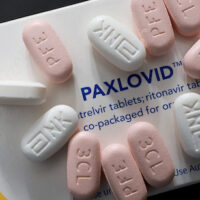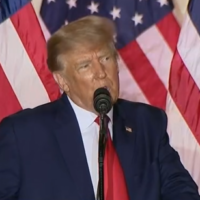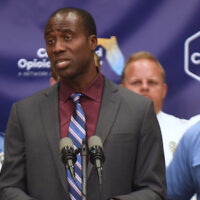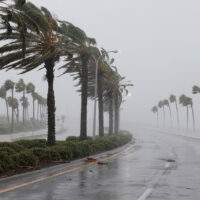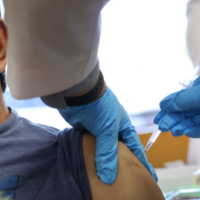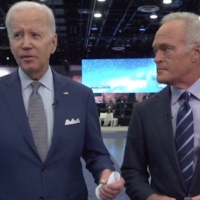Paxlovid, Pfizer’s COVID-19 antiviral pill, has been shown to prevent severe COVID-19 and death. An online post alleging the drug is a “fraud” and “should be taken off the market” neglects to mention this important information, and falsely says ivermectin is superior.
Stories by Jessica McDonald
FactChecking Trump’s Presidential Bid Announcement
COVID-19 Vaccines Reduce, Not Increase, Risk of Stillbirth
Flu Vaccines Given to Prevent Disease, Not Just to Support Pandemic Vaccine Manufacturing
States Determine School Immunization Requirements, Not CDC
Vaccines are added to the Centers for Disease Control and Prevention’s immunization schedule after consultation with an outside advisory group and when the benefits outweigh the risks. Contrary to claims from Tucker Carlson and others, the COVID-19 vaccines will not become mandatory in schools just by being added to the CDC schedule. States and local districts make those determinations.
Florida’s COVID-19 Vaccination Analysis Is Flawed, Experts Say
The state of Florida recently announced that it was no longer recommending that younger males receive mRNA COVID-19 vaccines, based on an unpublished analysis that purportedly found an increased risk of cardiac-related death following vaccination. But experts who specialize in the unique method used in the analysis say it was not properly done — and even if it had been, the findings would not mean that individuals should not get vaccinated.
No Indication Breast Milk After Vaccination Unsafe, Despite Posts About New Study
Posts Take Biden’s Vaccination and Hurricane Prep Comments Out of Context, Again
Last year, President Joe Biden made a special plea to residents in hurricane-prone states to get vaccinated against COVID-19 in advance of possible evacuations or shelter stays. Now, as Hurricane Ian approached Florida, social media posts recycled an old clip of his comments to misleadingly claim he thinks the vaccines will protect against the storm.
Q&A on Omicron-Updated COVID-19 Boosters
Is the Pandemic ‘Over’? Biden Says So, But Scientists Say That’s Up for Debate
In a surprise moment in a “60 Minutes” interview, President Joe Biden said the COVID-19 pandemic “is over.” While he correctly acknowledged that the coronavirus was still a problem, epidemiologists say there’s no single agreed-upon definition for what constitutes the end of a pandemic — and some say we’re not there yet.
